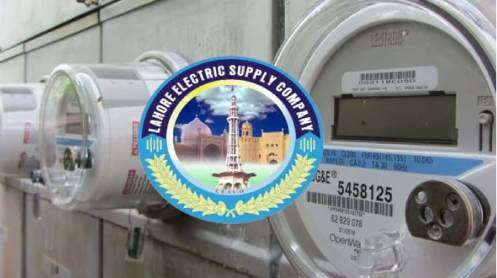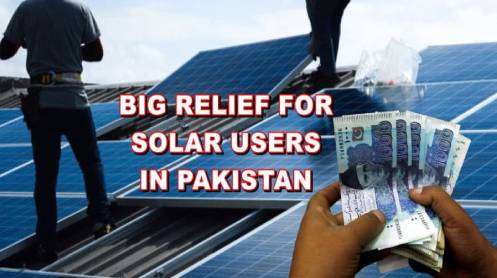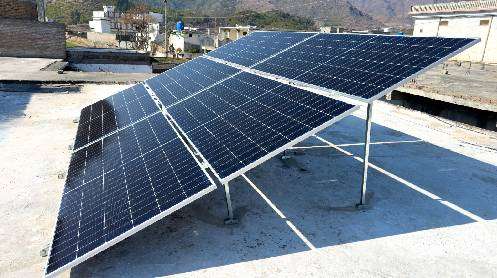ISLAMABAD: Pakistan is set to formally approach the International Monetary Fund (IMF) to gain consent for a planned rebasing of electricity tariffs, a move aimed at mitigating financial pressure on consumers and averting potential public protests.
Previously communicated informally to the IMF, the government’s rebasing proposal seeks to address concerns over high electricity rates, which have sparked widespread dissatisfaction. The plan involves revising the timeline for annual tariff adjustments, shifting the effective date from July 1 to January 1, a period of lower electricity demand.
Policy guidelines have been issued to the National Electric Power Regulatory Authority (Nepra) to amend the legal and regulatory framework accordingly. The Economic Coordination Committee (ECC) recently emphasized the importance of formally notifying the IMF about this shift to align with Pakistan’s international commitments.
Currently, tariff adjustments coincide with peak summer months when energy demand and costs are at their highest, intensifying financial strain on consumers. The proposed shift to January would align tariff changes with the winter months, smoothing the financial impact and ensuring predictable electricity pricing throughout the year.
Nepra sources revealed that the regulator supports the proposal in principle. The Power Division has pledged to work closely with Nepra to implement the change.
Under the existing process, DISCOs (ex-Wapda distribution companies) and K-Electric are required to submit their tariff requirements by January 31 annually, as per Section 31 of the Regulation of Generation, Transmission, and Distribution of Electric Power Act, 1997, and the Nepra (Tariff Standards and Procedure) Rules, 1998. Public hearings and tariff determinations follow, culminating in government notifications.
The federal government last issued a uniform tariff on July 14, 2024. By adjusting the tariff rebasing timeline, the government aims to reduce the financial strain on consumers, particularly during peak demand months, while fostering greater affordability and satisfaction in electricity pricing.







